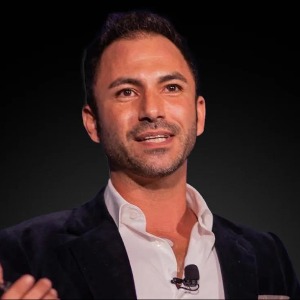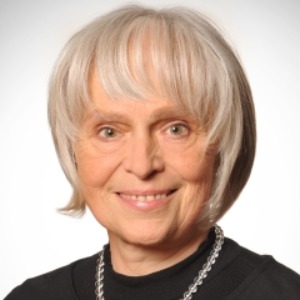10th Edition of International Conference on
Challenges Faced By Ethnomedicine Experts
Traditional medicine is a term encompassing all forms of natural and traditional healing practices used by many societies around the world. Traditional medicine relies on centuries of medical knowledge and experience shared between generations and countries, typically being localized to particular regions. In many cases, this knowledge has been passed down orally for hundreds of years. The use of plants, animals, minerals, and other substances to treat a variety of ailments has been a vital part of many cultures’ medical practice for centuries. While there are many benefits associated with the use of traditional medicine, it also faces a number of challenges due to a lack of integration with modern medicine, a lack of recognition of traditional practitioners, and the potential for exploitation of traditional medicine. One of the main challenges faced by ethnomedicine experts in traditional medicine is a lack of integration with modern formal medical systems. While many people throughout the world continue to rely on traditional medicine for their healing needs, formal healthcare systems in many countries are often focused solely on western medicine and lack adequate recognition or resources allocated to traditional medicine. This lack of integration is a major obstacle to the utilization of traditional medicine. As a result, traditional medicine practices are often not recognized in official healthcare systems and lack access to resources. Another challenge faced by ethnomedicine experts in traditional medicine is a lack of recognition of traditional practitioners. Although many natural remedies and treatments have been used successfully in traditional medicine for centuries, these treatments and practitioners are not given the same status as those practicing modern medicine. This lack of recognition and respect has been a barrier to the development of traditional medicine and to the growth of the profession, as traditional practitioners struggle to access resources and gain the respect and recognition they deserve. Finally, traditional remedies and treatments are vulnerable to exploitation. This is especially true when traditional knowledge is combined with modern medicine without adequate recognition or payment to the traditional practitioners who developed the treatment. This exploitation of traditional knowledge not only affects the livelihood of traditional practitioners, but it also threatens the survival of traditional medical systems as new generations of traditional healers are discouraged from learning and sharing the ancient knowledge and practices. Overall, traditional medicine faces a number of challenges that limit its potential to be integrated with modern healthcare systems and to remain a viable choice for many seeking healing and remedies.

Kenneth R Pelletier
University of California School of Medicine, United States
Marilyn Allen
American Acupuncture Council, United States
Girish Momaya
Stichting Maharishi European Research University, Netherlands
Julieta Andico Songco
JAS Consulting Services, United States
Farah Ganjei Gron
New Life Homeopathy, United States
Nima Farshid
Gaia Healers | Bio-Well Global | HealthenRX, United States


